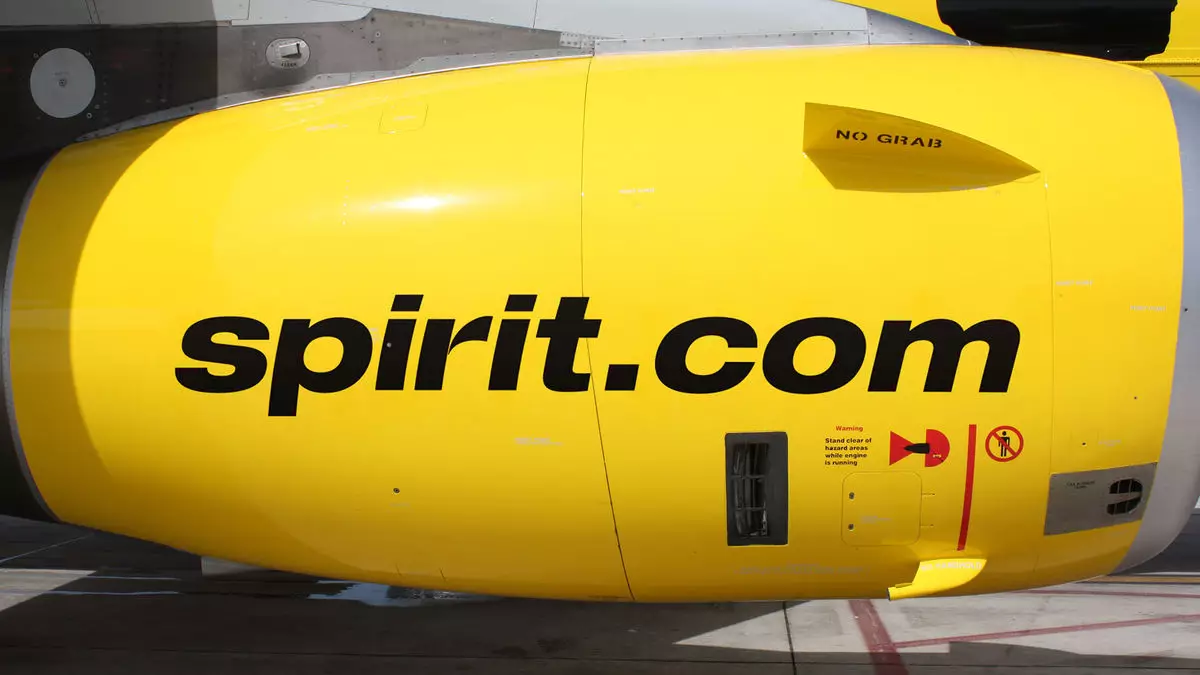Spirit Airlines, an entity currently navigating the tumultuous waters of Chapter 11 bankruptcy, has rejected another overture from Frontier Airlines regarding a potential acquisition. This marks an ongoing saga between two low-cost carriers vying for market dominance. The latest bid, presented on February 4, is not a new narrative; it is a reiteration of Frontier’s previous proposal from January 7. This consistent approach underscores the strategic maneuvering and competitive nature within the airline industry, particularly among budget carriers seeking mergers to consolidate their market shares and resources.
Frontier’s recent bid entailed substantial financial components that are crucial for Spirit’s recovery and future operations. The offer included $400 million in new debt coupled with a 19% equity stake in Frontier. Notably, this version of the proposal notably sidestepped a requirement that would have demanded Spirit’s creditors to engage in a new $350 million equity investment, part of Spirit’s restructuring efforts. However, this concession did not sway Spirit’s management, which has argued that this offer would ultimately deliver less benefit to its stakeholders compared to its own reorganization plan presently in motion.
In the wake of the offer, Spirit Airlines made a counterproposal, highlighting the competitive tension that underlines these negotiations. However, it was met with rejection from Frontier, which did not present any further counteroffer. In correspondence dated February 10, Frontier’s CEO and chairman articulated their stance, referring to the elimination of the $350 million equity requirement as a „significant concession“ while firmly maintaining that they would not change any other commercial terms. This indicates a potential rigidity in Frontier’s negotiation strategy which may be detrimental in nurturing a viable acquisition dialogue.
As Spirit charts its course for emergence from Chapter 11 by the end of March, it remains committed to its restructuring plan announced in November. This determination comes at a critical juncture, as its opportunities for alliances or acquisitions are weighed against the backdrop of failed negotiations. Aviation analysts have noted that the landscape is shifting, particularly after the Justice Department blocked a prior acquisition attempt between JetBlue and Spirit. The failed merger left a gap in strategic options for Spirit, placing it in a precarious position with limited yet essential choices.
The refusal of Spirit Airlines to accept Frontier’s proposal underlines a complex interplay of strategic interests, stakeholder value, and market survival. It illustrates the challenges that low-cost carriers face in attempting to consolidate in an industry that is still reeling from pandemic-induced fluctuations. As Spirit navigates its restructuring process, the question remains whether future negotiations can align interests or if competitive tensions will only escalate in the evolving aviation marketplace. This ongoing saga not only affects the two companies involved but potentially has far-reaching implications for the broader airline industry and its customers.


Napsat komentář